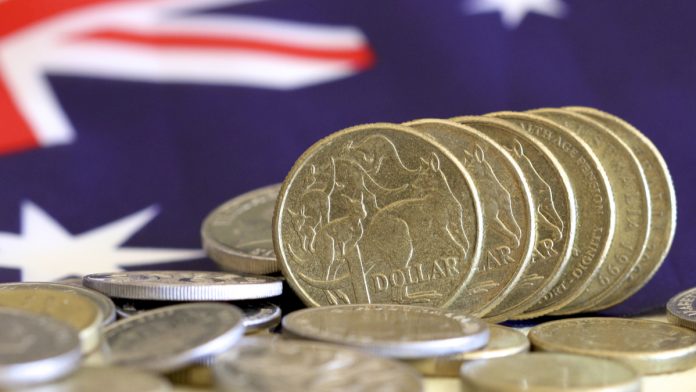The Australian Dollar is continuing its descent on Friday, extending losses for a second straight session. The Pound Australian Dollar exchange rate settled on Thursday +0.37% at 1.8620.
At 09:15 UTC, GBP/AUD is trading +0.35% at 1.8687. This is approximately mid-way between the daily traded range of 1.8587 – 1.8719. Despite today’s gains the pair is still on track to lose just shy of 1% across the week, marking the third straight week of losses.
GBP: UK Retail Sales -18.1% in April
The Pound was trading mixed versus its peers on the final day of the week following dire retail sales data.
Figures from of the Office of National Statistics revealed that British retail sales crashed -18.1% in April as many stores remained closed amid the coronavirus outbreak. The drop was worse than the -16% decline that analysts had predicted and a fall from March’s -5.2% decline.
Clothing sales plummeted by 50.2% as most high street shops kept their doors shut. However, online shopping sales reached a record high of 30.7%, highlighting the changing habits of the nation.
Despite the gloomy news April is expected to be the bottom and retail sales should start showing signs of recovery going forwards, clawing back some ground in May.
The data comes following yesterday’s better than forecast service sector and manufacturing PMI releases, which showed the sectors were contracting at a slower pace in May than April. However, the sectors remain a long way from expansion.
USD: China’s New Security Law Threatens More Protests & A Reaction From Trump
The Australian Dollar, also referred to as a proxy for China, was trading sharply lower at the end of the week as US – Chinese relations took a turn for the worse. Relations between the two powers cooled after reports that China is planning to limit freedom in the financial hub Hong Kong following the pro-democracy protests at the turn of the year.
Reports that China is planning a new security bill, which is will enter directly into Hong Kong’s mini-constitution, bypassing the territory’s Legislative Council is unnerving investors. The move by China risks new protests in Hong Kong. President Trump was quick to respond warning China against the move and escalating tensions in an already difficult relationship.





